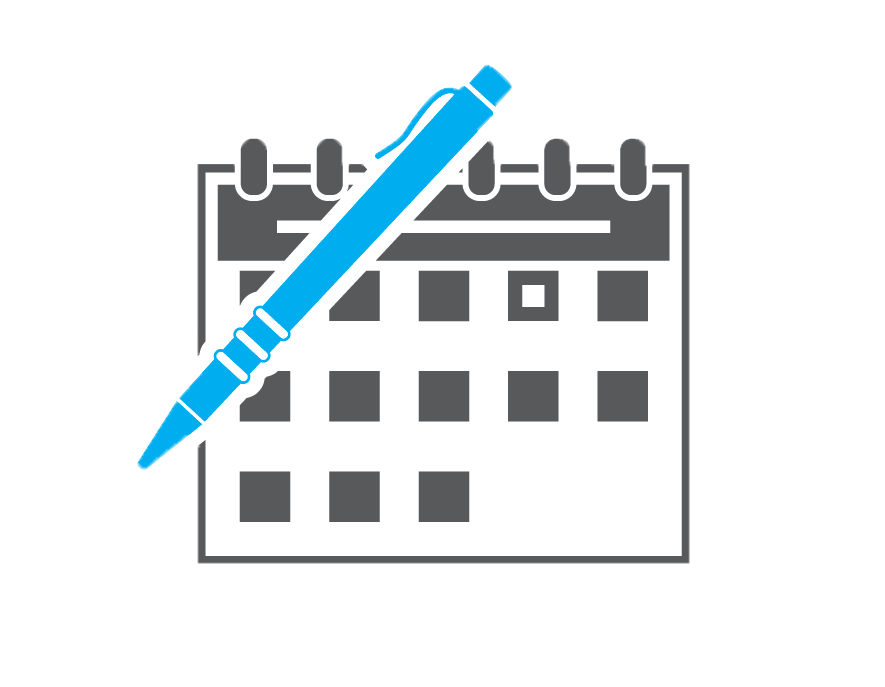Te Piki Oranga was delighted to partner with the Nelson Tasman Pasifika Trust to host another free COVID-19 vaccination clinic.
The collaborative clinic aimed to appeal to whānau Māori and Pasifika RSE workers, but anyone was welcome.
Amber Ford (Kāi Tahu / Te Āti Awa) is a registered nurse and kaituitui tuarā (co-ordinator) for Te Piki Oranga’s COVID-19 vaccination programme in the Nelson Tasman region. She says the clinic was part of the ‘Big Boost’ clinics held across the motu in February.
“Our main message to people then – and now – is that it’s time to boost your protection as a whānau. To sit down and have a kōrero about getting everyone up to date, whether it’s your first, second or booster dose.
“We make it super easy by offering walk-in, whānau clinics. We make it fun too for the tamariki with colouring-in, stickers and ice-blocks afterwards,” says Amber.
The paediatric Pfizer vaccine, which is a smaller dose than the adult dose, became available to children aged five to 11 on 17 January.
“By March, about a third of tamariki Māori aged five to 11 who live in Te Tauihu had had their first dose. This is a good start now that kids are back at school, playing their team sports and mixing again. But we need to keep going and get more tamariki protected against COVID-19,” Amber says.
“Parents know what is best for their children and our nurses hear some good questions from parents about the vaccine and about COVID-19, which they are happy to help with.
“Some ask about ‘how bad’ COVID is for children. For a lot of children, it can be mild, but others will get very sick, and some will need to go to hospital. Parents are also concerned about ‘long COVID’ which is very real, and which will mean some children are unwell for a much longer time.”
Amber says that even a mild case of COVID-19 will be hard on families.
“There’s been so much disruption to whānau life, work, school and fun over the past two years. We want children to be able to enjoy less disruption now. If one child in the whānau gets COVID-19 then everyone in that whare, and other close contacts have to stay home.”
The effects of COVID-19 are very much top of mind for the Nelson Tasman Pasifika Community Trust says General Manager Rob Blake.
“Our main focus is on our Pasifika families, mainly ensuring that their children are vaccinated and that parents have the opportunities to talk to healthcare professionals – in their Pasifika languages if they prefer that.
“When families come in, we can make sure mum and dad are up to date also, whether it’s their first, second or booster dose,” says Rob.
“Employers of Pasifika RSE workers have done a great job in making sure their workers have had the opportunity to get their vaccines. We are proud to be part of the ongoing collaborative efforts in Te Tauihu to protect people against COVID-19 and help keep the local economy moving by protecting critical workforces.”
About Omicron and booster vaccines
With Omicron in the community, getting a COVID-19 booster is the best thing you can do to protect yourself, your whānau and your community. While two shots were great protection against Delta, you need a booster for Omicron.
Evidence shows your protection against infection after your first two doses decreases over time. Getting a ‘top up’ booster vaccine helps boost your immunity against COVID-19.
Boosters also help slow the spread of the virus. They lower the chances of getting very sick from COVID-19 so more of us can stay well and that helps free up our hospitals for people who need care.
You can get boosted if you are 18 or over and had your second Pfizer vaccination at least three months ago.
High rates of vaccination helped stop a Delta outbreak here. The science tells us to reduce the risk of Omicron we need to get the number of people boosted as high as possible.



